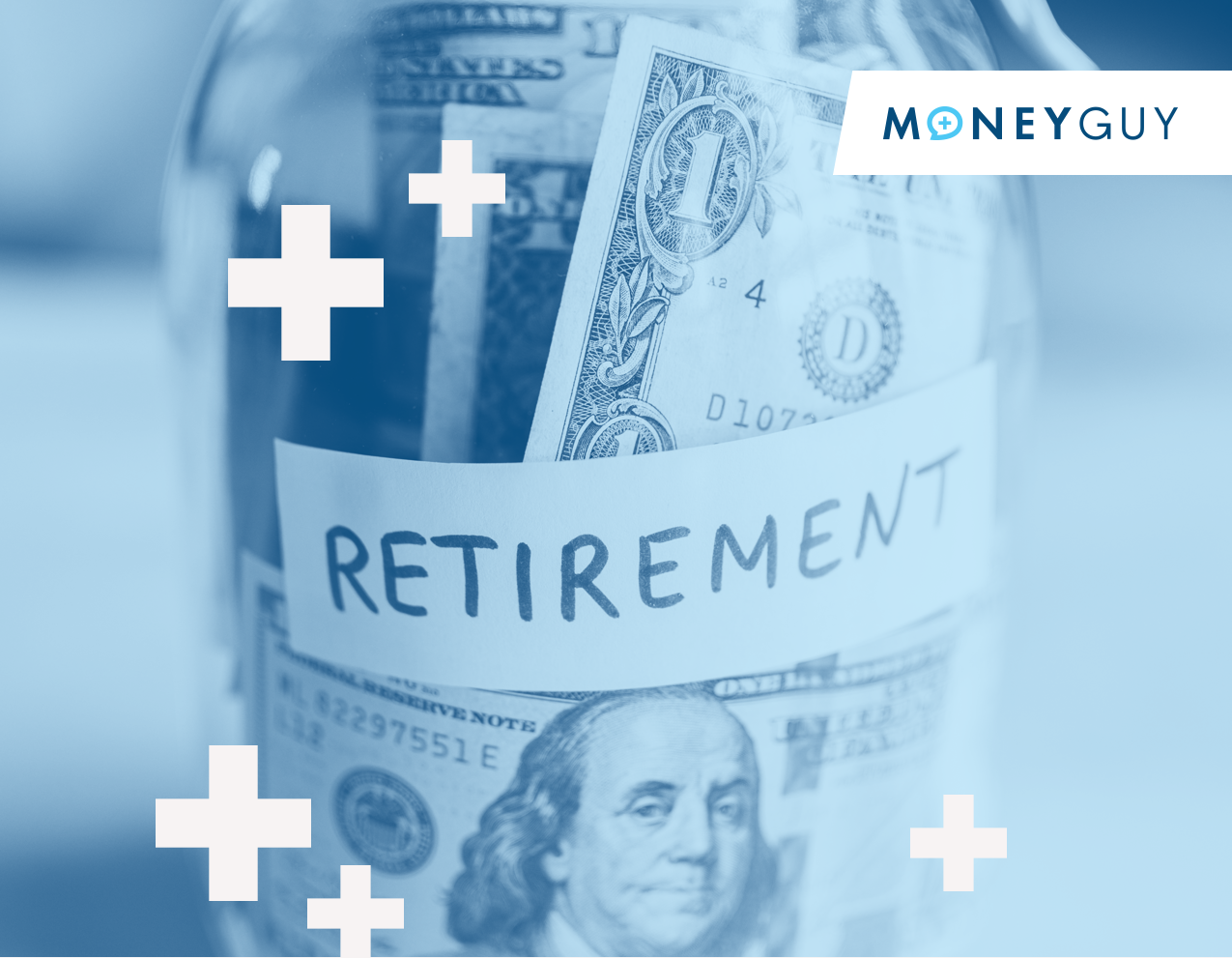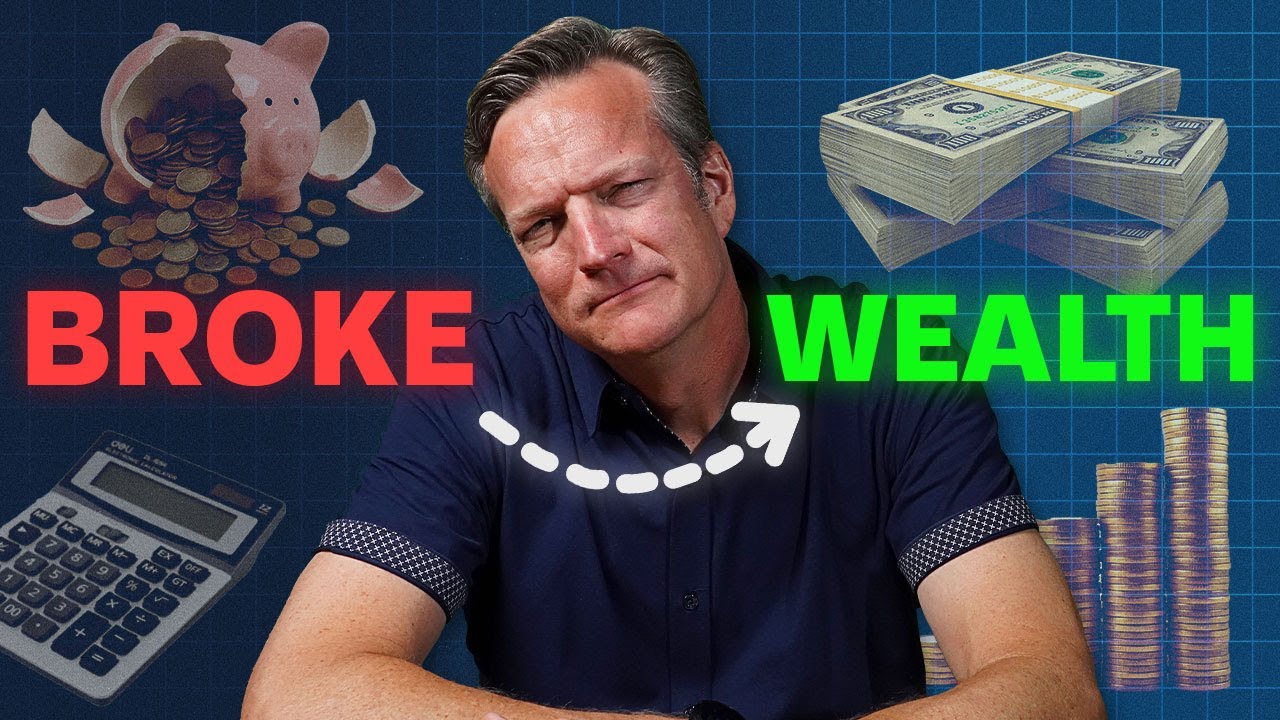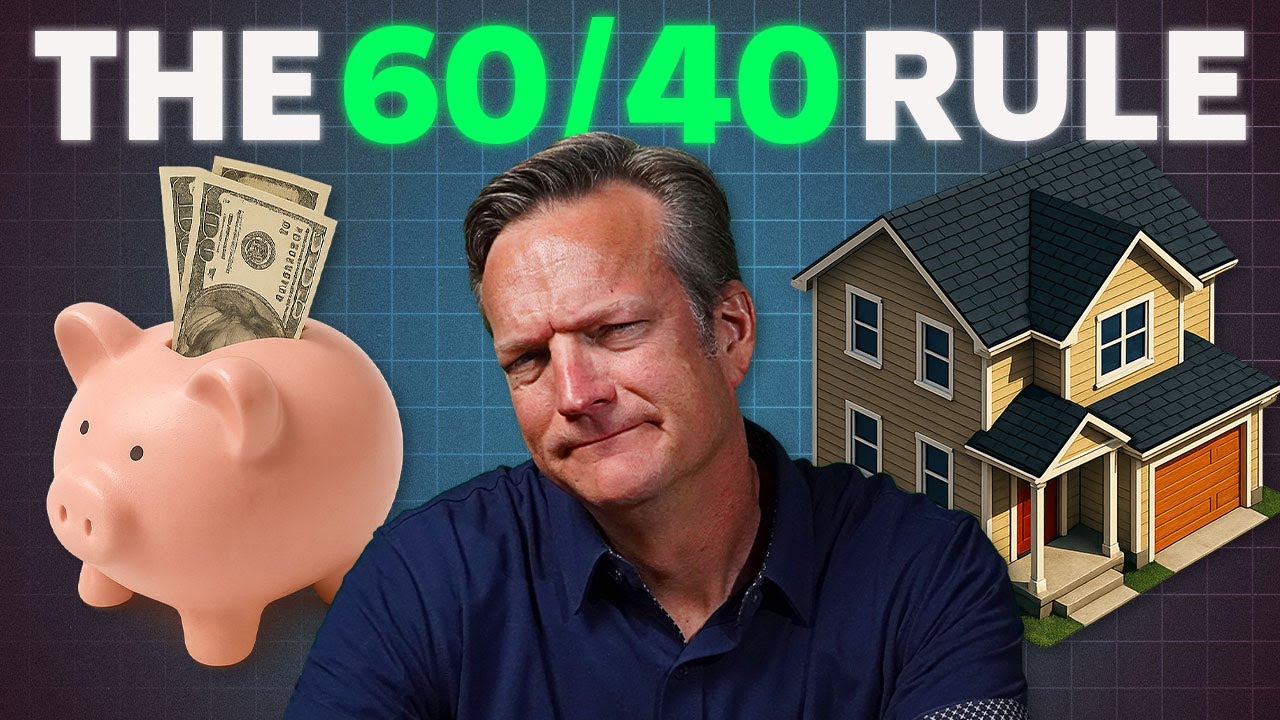Let's start it off with Matthew's question. He says, in retirement, do you have a target allocation percentage for each bucket? Does this vary depending on your retirement age? For example, do FIRE people (Financial Independence, Retire Early) need a higher taxable brokerage?
To answer the very last part of the question, yes, if you are someone who is FIRE, if you are someone who's planning on exiting the workforce early and you don't have a source of income, you don't have a rental property, you don't have a rich uncle, you don't have something that's going to provide income to you while you retire early, then absolutely, that after-tax bucket, that third bucket, is going to be larger. It's going to need to be larger than someone who's just retired at a normal age, retiring at 65 when they're going to be able to get access to the retirement accounts and they're going to be able to get social security and those types of things. So the answer to the second part of your question is yes; that would need to be higher. The first part is a little more intricate.
Brad, he said, "Is there a target percentage for each?" Well, here's what's really interesting: all of our financial journeys are so unique, all of the tools and things available to us are unique. Maybe you work at an employer that says, "Hey, if you put in $22,500 in your 401k, I'm going to match it 50%, so I'm going to put eleven thousand dollars." And then there are input, we see you guys tell us there are employers out there that do that. Well, that's step two of the
financial order of operations, that's free money; you've got to do that. You've got to be building up either that pre-tax or that Roth bucket so that you don't miss that.
Contrast that to someone who says, "Hey, I don't actually have a 401k at work. I work at an employer where there is no 401k." Well, that person has to focus on Roth IRAs and HSAs and then after-tax brokerage accounts. They have to do it that way. So your specific percentage is very much going to depend on your unique circumstances as you get into retirement.
Yeah, I mean, you didn't even cover like executives and people who have restricted stock unit stock options, other things like that they go through their compensation. So they might have very different account structures. I always say the flow for every financial mutant that comes through our door after they graduate, the abundance cycle looks completely different. You know where, if I could say, we'd love for people to have, you know, it'd be great if everybody had, like, a large tax-free; we all want more tax-free because Roth is the greatest, it has legacy benefits. It's, you know, of course, a legal way to stick it to our favorite taxing Uncle. So we all want to load up on those tax-free accounts.
But as Bo shared, there's going to be a lot of generous employers and other things that create the tax-deferred or if you're in a high-income situation from a young age, those accounts are going to get big. It's the after-tax that is the one that I think people need to be very deliberate and purposeful for, especially for people who think they're leaving the workforce early, like FIRE (Financial Independence, Retire Early). You need to be very driven that you're going to force it, and that's why it's part of step 7 of the
financial order of operations. If you go check it out, we actually tell you to do the work to not only get the low-lying fruit of the tax benefits between steps five and six, but seven is where you're going to start thinking about, "Hey, not only do I have my accumulation plan, but what's my decumulation or distribution plan?" It's that 'begin with the end in mind' so that you actually do it the right way, and you have to be purposeful.
Because if you just let life flow, and you just only focus on the taxes, you'll end up with a very heavy tax-deferred or after-tax free, but you'll find yourself in a pickle when it comes to retiring at 56, 57 years of age. So if you're going to retire early, make sure you're very purposeful on that after-tax account because it's going to be necessary.
And look, this will seem like a shameless plug, but maybe it is. It's the reason we've built the products the way that we have because it's supposed to follow your journey, the end goal, the thing that you're working towards, is going to be the
"Know Your Number" course. What is my number? When do I want to hit it? What do I need to do to get there? Well, how do I do that? What are the steps I take? That's the
financial order of operations. That's the steps to get to the end goal. Well, how do I know if I'm on the right path? How do I track that? That's the net worth tool. It is no coincidence the three of them are built so well intertwined because that's the way our financial journey actually moves.
If you want to know more about that, you can go check them out at
learn.moneyguy.com, and hopefully, that'll help you on your wealth-building journey. It's almost like they would help accelerate your graduation to the abundance cycle. Nailed it.













